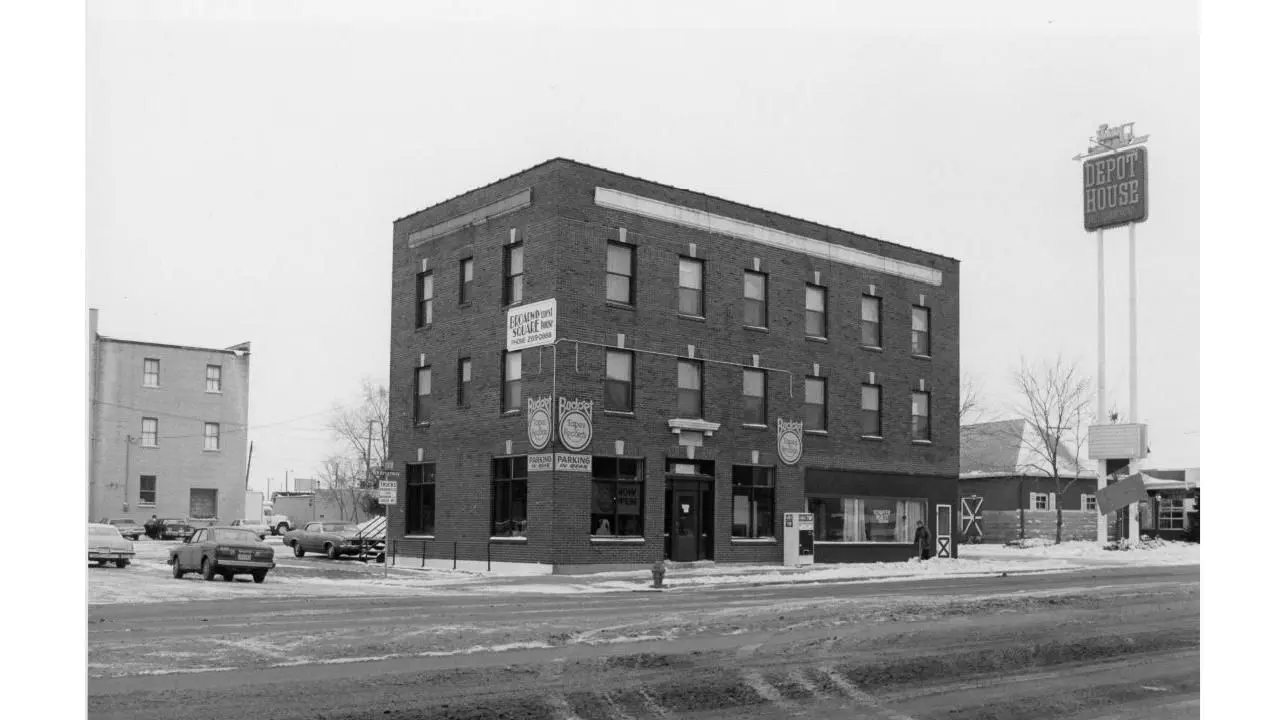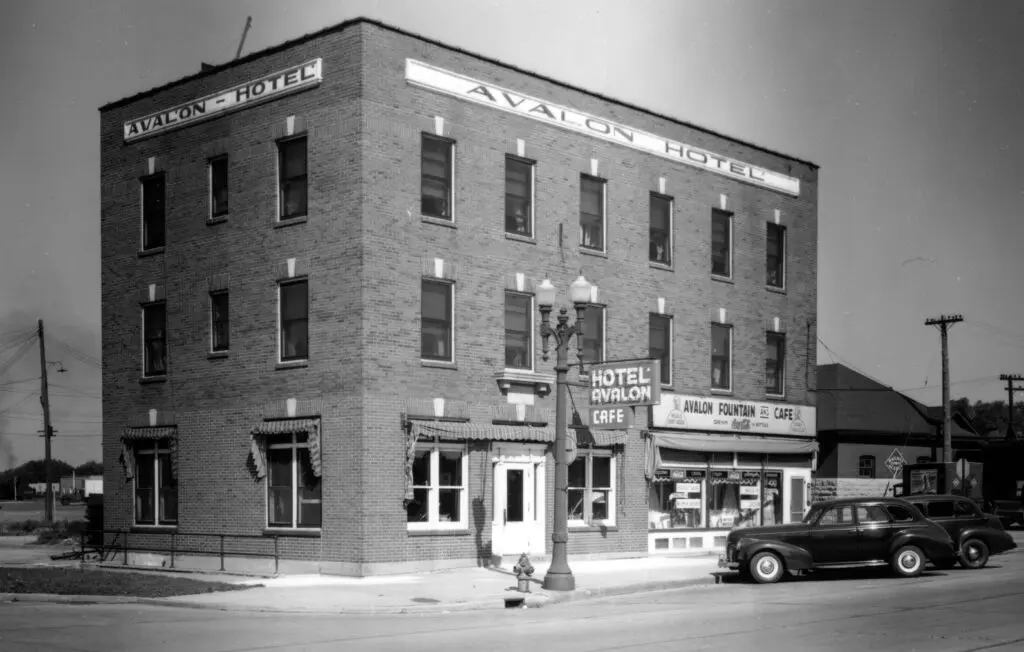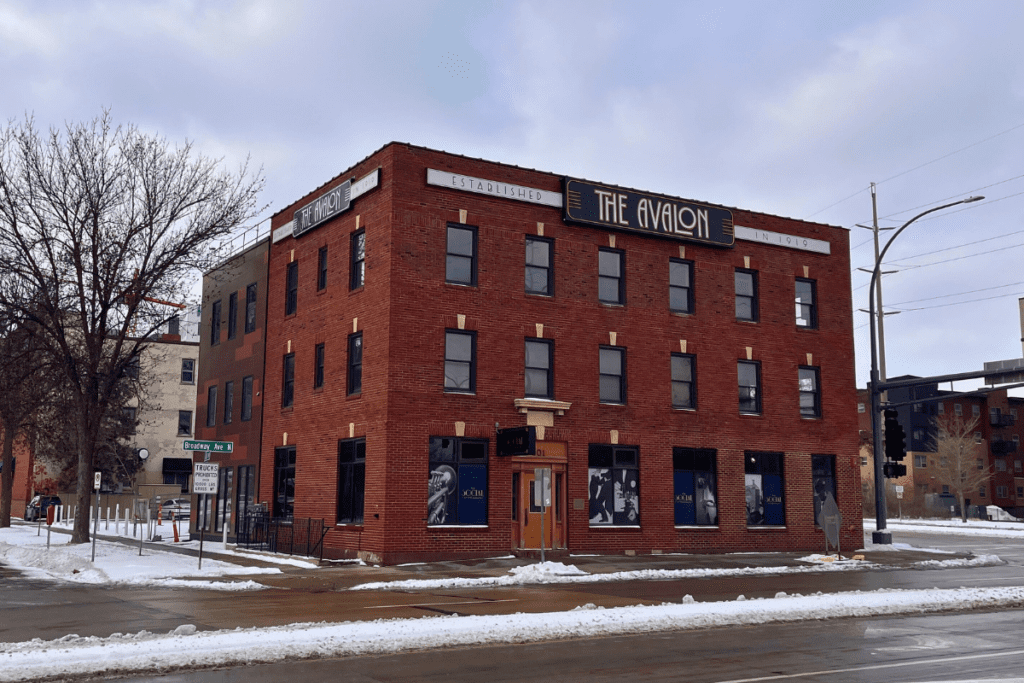
The historic building that is currently known as the Avalon Hotel building where The Social is located (opening date Spring 2025), first opened in 1919 as the Northwestern Hotel. Sam Sternberg and his wife owned and operated the Northwestern as a Kosher restaurant and hotel for Jewish travelers. In addition to hosting Jewish travelers, it was a popular gathering place for distinguished professionals and intellects of all religions and backgrounds.
In 1944, Vern Manning was in Rochester while his wife Mary was being treated at the Mayo Clinic. The racial landscape in Rochester, at the time, was not welcoming to any non-white person, particularly Black people, and he was unable to find a place to stay. His solution was to purchase the Northwestern Hotel so that Black travelers and patients of Mayo Clinic would have a safe place to stay. At that time, Mayo Clinic would not allow Black and Caucasian people to share the same hospital room and the Clinic was charging $100 deposits to non-Caucasian patients. Most patients couldn’t afford the steep deposit in addition to the cost of the medical care, so this led to the Avalon Hotel becoming a refuge for patients until they were able to share a room with another Black patient.

Because of its reputation for being the only hotel in Rochester to accept Black people, Victor Green added it to the 1948 publication of his travel guide The Negro Travelers’ Green Book. This was a book that provided a rundown of hotels, restaurants, service stations, and other businesses that provided service to black travelers. The inspiration behind the book was to guide Black Americans to travel without fear. Despite the thousands of growing listings in the book, the Avalon Hotel and the in-house Avalon Café remained the only location in Rochester, Minnesota until 1960.

As the only hotel in Southeastern Minnesota to welcome Black people, it accommodated Black celebrity travelers as well. Duke Ellington and Henry Armstrong are just two of the celebrities who stayed at the Avalon.
Unfortunately, the hotel’s inclusive policy was not well-received by all Rochester residents and visitors. On August 22, 1963, a modest racial equality march was organized and attended by both Black and Caucasian participants. With the Civil Rights Movement reaching its boiling point, and more and more white residents showing their support for racial equality, the march ended in violence. Angry residents opposed to the march threw a burning cross–widely known as a symbol of white supremacy used to intimidate Black Americans–onto the front lawn of the Avalon Hotel. This act drew attention to the fact that even a northern community, far from the front lines of the segregated South, still had a long way to go toward integration and equality for all races.
The Mannings owned and operated the hotel for 30 years before selling it. Since then, the building has changed ownership and names several times. The Avalon’s representation for ethnic, social, and geographical diversity earned its place on the National Register of Historic Places in 1980. It remains one of only 33 locations in Olmsted County currently on the National Register today.


